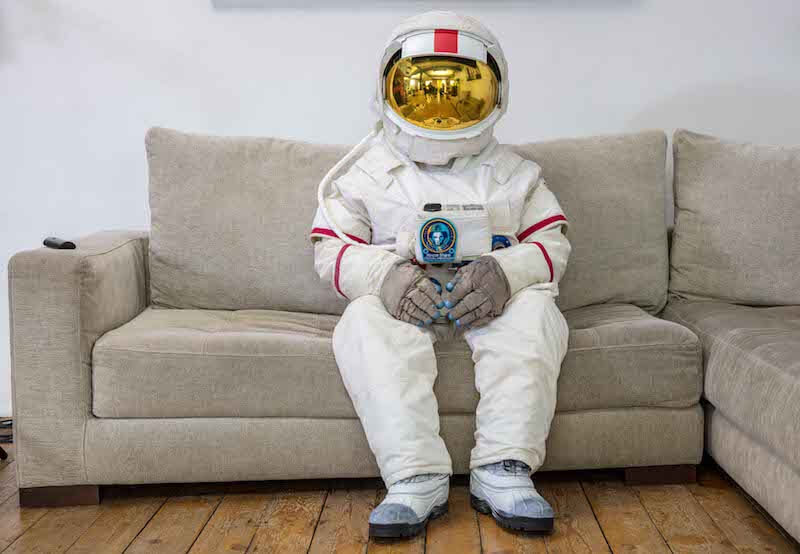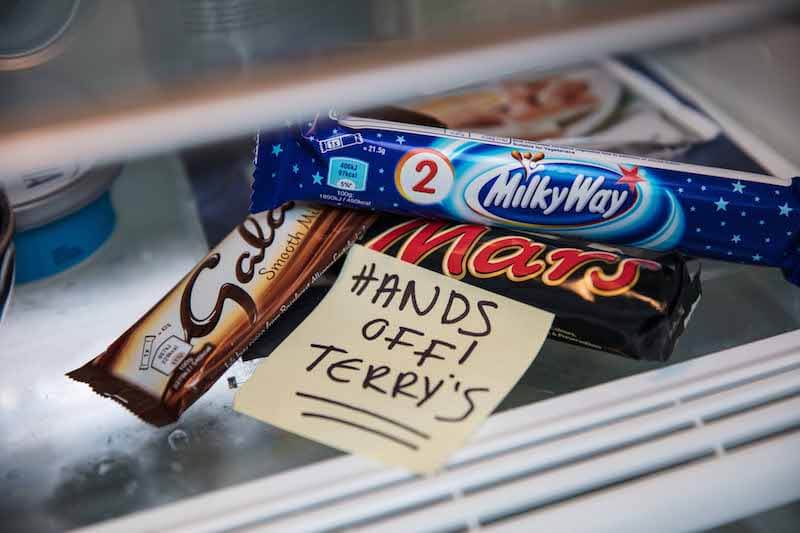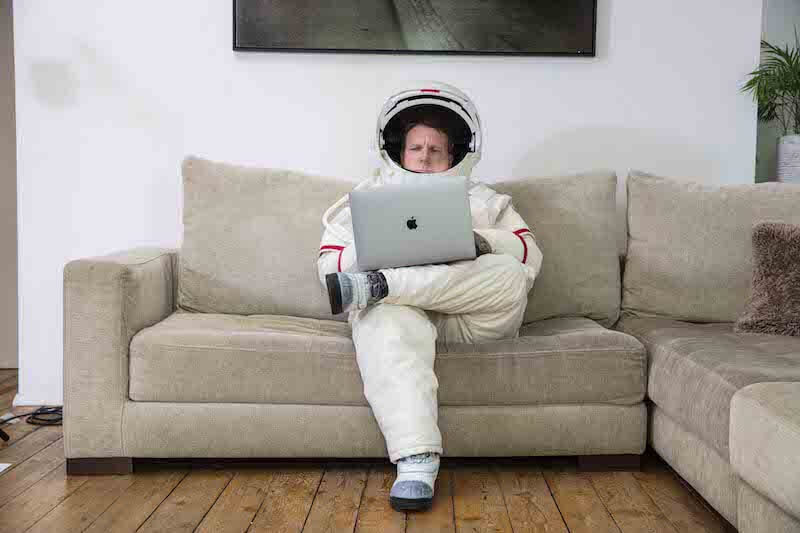
Do you know what astronauts are good at? Clue: it’s not the whole zero-gravity, commanding a spaceship stuff…
We’ve realised that astronauts are actually expert flatmates too. Which is why we recently roped in former NASA astronaut, Terry Virts, to pass on his expert space-sharing expertise. He spent 7 MONTHS living alongside others on the International Space Station, so he knows a thing or two about close encounters of the flatsharing kind.
Find all of Terry’s tips here, but for now check out some of his exclusive answers to the cosmic conundrums you sent in to our Facebook page below.
Q: What was the worst thing about being in space, and how did you cope with it?
The worst thing about being in space is being separated from friends and family. You have to change your attitude to stay in good spirits – I just kept thinking “I’ll be back on earth soon and I’ll enjoy my time and space while I have it”, which helped.
Q: What did you miss most when you were in space?
Aside from friends and family, a really good homemade meal was something that would’ve been pretty nice. The food in space isn’t all bad but it doesn’t compare to what we have down here on earth.

Q: How does it feel to sleep at zero gravity?
It’s wonderful. I’d float with my sleeping bag untethered and it was the most surreal experience. That’s something I definitely miss – I actually slept better in space than I do on earth.
Q: If you could decide where the next International Space Station could be, what would you go for?
I think the next destination for humans should be on the moon, and we should use it as a testing ground for how we will eventually get to Mars.
Q: What annoying habits did your fellow astronauts have?
Well, I flew with a great crew on expedition 43 and I honestly really enjoyed my time in space with them. But a few things that roommates on and off earth need to keep in mind are: 1) You should do your fair share of cleaning, 2) You have to respect each other’s privacy, and 3) You should help out whenever you can if someone needs a hand.
Q: What were the biggest challenges when living in this situation?
Trying to keep the crew together while everyone was on different schedules, doing different tasks and even speaking different languages! I made a real effort to have dinner with my Russian colleagues as often as I could, and speak Russian too – those things went a long way.
Q: Can you tell us about a time in space where you felt most at home?
The Russian psychologists sent us some MP3 files of sounds from earth – things like birds chirping, the ocean’s waves or rain, and we loved it. Hearing simple things like that helped keep me connected to our home planet.
Q: How does the weather look from the ISS?
Seeing weather was actually one of the most spectacular things in space. Hurricanes were awe-inspiring – although dangerous, so they were also foreboding. Thunderstorms (especially at night) were just spectacular – seeing all of that power and lightning flashes every second was amazing.

Q: What did you do when you had downtime? Did you come up with any silly games to stay entertained?
I took pictures or played around with Photoshop in my spare time. We rarely, if ever, had time scheduled to film or take photos, so every spare moment I had I tried to have a camera in my hand in front of a window.
Q: What’s the biggest landmark you can pick out up there? Does anything stand out?
What stood out to me is that you can’t really see human landmarks during the daytime. You can see cities but they’re light grey from the concrete during daylight. Other than that you can’t see things people have built. You can see airplane contrails and some boats, but otherwise it’s hard to point out human activity. It’s only at night when you see the city lights that you can tell there are people on the planet.
Q: How many UFOs have you seen?
As far as I know, none ;)

Q: What interesting things did you do up there?
My first mission was during the Winter Olympics in Canada, and my Japanese colleague had brought some small paper skis so we held a mini Winter Olympics in space. It was pretty fun to ski jumps while floating as you could do lots of spins and tricks before hitting the ground. It was also pretty easy to do pull ups in space!
Q: Did you help with any experiments?
Every day. Our mission there is to do science so I did all types of experiments on my body, chemistry, physics, materials science, biology...any kind of science you can think of here on earth, we probably have experiments for it on board the space station.
Q: What does the future hold for space travel?
I think in the near future space tourism will be happening – allowing people to take short several minute trips to the edge of space. In the long term I hope that America will lead an international effort to return to the moon and eventually take us to Mars. There’s a lot of support for that and I really hope it happens…
Now we have your attention… we’d like to say a little thank you for reading this article and following SpareRoom.
We also say a BIG thank you every month to one lucky user – with our Live Rent Free competition, where we pay one winner’s monthly rent, every single month. Fancy it? It’s FREE to enter, and you can enter every single month. What are you waiting for? Click here and cross everything…
